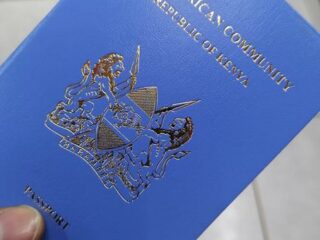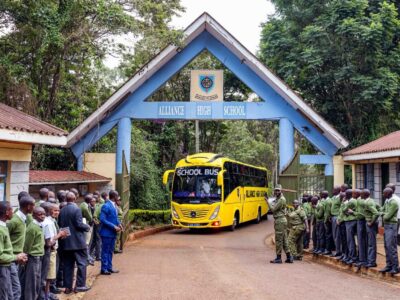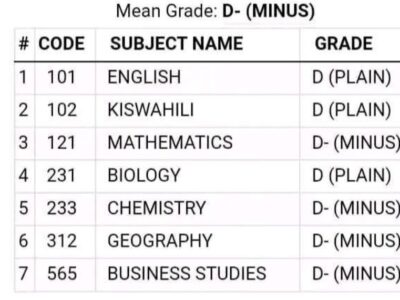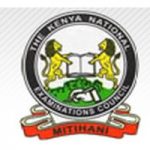It is noted in the Merian community, a marriage was never recognized if the dowry was not paid on behalf of the lady married. Dowry is taken seriously and there were non-negotiable when it comes to payment. There are three steps that are involved before paying of the dowry, i.e. courtship, dowry payment and then the bride is given to the groom’s family.
Procedure 1
- The dowry was allowed to be paid in installments, the rest would be paid in due time
- Men of the families agreed on the dowry of the girl
- Women were not allowed anywhere near the dowry negotiations
- Once men agreed on the dowry a token (down payment) was given before the marriage took place.
- The rest of the dowry payment would get paid later in due time.
- The dowry was paid to the father of the girl or his closest male relative if he was not available.
- The agreement to pay dowry was enough, they took your word for it.
- The validity of the ameru marriage was not dependent of dowry payment.
Some of the Non-negotiable in dowry was;
- One drum of honey
- Three she-goats
- One ram
- One he-goat
- One bull
- One heifer
- And “parents clothes” were an addition
Procedure 2
- After the dowry negotiations have taken place and both parties have reached to an agreement
- The day is set for collecting the bride
- The wedding ceremonies happen at sun-set
- When evil-eyed people and demons were out of the way and tired.
- The bride-grooms women relatives and children accompanied by strong young men (muraa) to guard them collected the bride price.
- The bride groom did not have to be present
- In his absence he had to be represented by a man of his age
- The pastor/minister for this traditional wedding was the girl’s father
- In the absence of the girl’s father, an elder preferably a Njuri Ncheke elder represented the father.
- The wedding was usually a simple ceremony
- The bride and her relatives, the people collecting her would gather outside her home
- Bothe the bride’s parents would come out with honey mixed with milk and wimbi
- And any other presents they wanted to give to their daughter
- They would give presents to their daughter, the dad would then sprinkle the honey mixture on the bride as a sign of blessing her
- The father would then proceed to pray for her daughter’s marriage wishing them well and success in their marriage.
- The wedding ceremony only became official and complete when the bride spent a night with her husband and the marriage consummated..
- It should be noted that the same sex marriages were not allowed, hence prohibited in the community.
- All children belonged to the father; women did not own children under the ameru tradition.
- Dowry had to be paid by the man’s family to the bride’s family
- Poverty/richness was never an excuse not to pay the dowry, it was a must.













